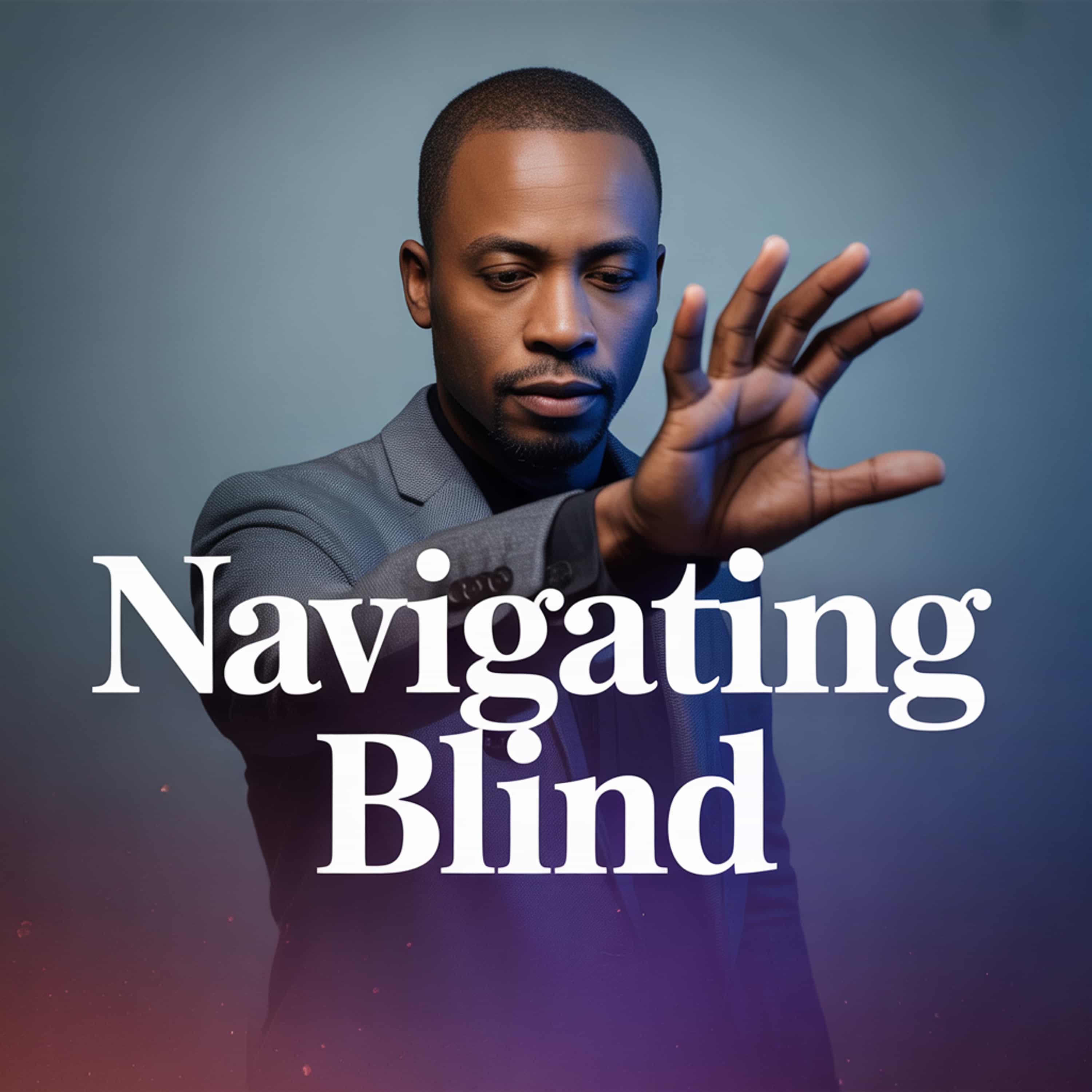9 - Validation and the Bank of Self-Worth
Chapter 1
The Bank Metaphor
Toye Oyelese
Welcome, friends. This is Dr. Toye Oyelese, and today, we’re exploring a metaphor I lean on every single day in and outside clinic—your internal bank of self-worth.
Toye Oyelese
Now, before you roll your eyes at the word “metaphor,” hang on. This one’s practical. Honestly, I’ve relied on this image for decades, especially when life insisted on sending its little withdrawal slips my way.
Toye Oyelese
So, picture this: You are the bank, the banker, and the balance. Three jobs, all bundled into one, and—trust me—HR is not hiring a replacement, so it’s all you. Your self-worth? That’s your bank account. Every act of self-affirmation, every genuine “I did my best today”—that’s a deposit.
Toye Oyelese
Here’s where people tend to get it backwards: external praise, a compliment from a friend, even a “good job” from your boss—those are just reminder notes. You know, like one of those pink post-its on the fridge, or those emails you ignore until Gmail starts yelling at you—they don’t count for your balance until you actually process them.
Toye Oyelese
I remember my first couple years in Toronto, arriving as an unknown. Some days I felt completely invisible, and not just because I was new or spoke with an accent. If I’d waited for someone else to validate me, I would’ve been bankrupt before I even started. I had to find a way to make my own deposits, no matter how small. Sometimes it was just acknowledging I’d made it through the week—that was enough.
Chapter 2
Withdrawals, External Validation, and Daily Maintenance
Toye Oyelese
Now, there’s another side to this, obviously: withdrawals. Criticism, failure, comparison—those are all withdrawals from your account. Probably more frequent than we’d like to admit. Even our own internal voice, that “Who do you think you are?”—that’s a withdrawal. And I’ve found it’s the little daily leaks, like harsh self-talk, that drain you fastest, not the big disasters.
Toye Oyelese
External validation, let’s talk about that for a moment—because it’s slippery. I’ll give you an example. Early on in my Canadian career, I remember being nominated for a community health award. The kind where they call your name and you walk up stiffly in a cheap suit, try not to trip up the stairs, everyone claps…
Toye Oyelese
That felt great—until the very next morning, doubt crept back in: was I really deserving, or was it just for optics? Here’s the thing—the public recognition, the applause? All that is temporary, fleeting. It only became a useful deposit when, that night, I quietly told myself: “Actually, yes, I worked hard for this project. I helped people.” The only deposit I kept was the one I acknowledged to myself.
Toye Oyelese
So, if you brush off a compliment, saying, “Oh, it was nothing,” you’re tossing away the deposit slip. No change to the balance. But the maintenance part—making daily deposits, even small ones—that’s what builds your reserves. It’s not about feeling good all the time. It’s like brushing your teeth—you don’t do it because you’re pumped up, you do it because, otherwise, everything decays. Same thing with self-worth.
Chapter 3
Practical Tools for Self-Validation
Toye Oyelese
So, how do you make actual deposits? Here’s where we get practical. Every day, try to acknowledge your efforts—no matter how tiny. Maybe you got out of bed despite feeling like you couldn’t, maybe you called your mum back, or kept your cool in a tough meeting. That counts. Progress, even if it feels like snail-paced—counts. Resilience, qualities you notice in yourself, challenges you navigate—each one is valid currency.
Toye Oyelese
And here’s my favorite equation, SW plus A plus T equals D. That’s: Spoken Word plus Action equals Deposit. When you actually say these things aloud—yes, aloud—it signals to your mind: “This matters.” That act of articulation turns intention into change. Not just positive thinking—honest acknowledgment. There’s a world of difference.
Toye Oyelese
A lot of people ask, “Isn’t this just telling myself fairy tales?” But it’s not. It’s real accounting. You did make an effort. You did get through. Sure, you can acknowledge your failures—we all do—but are you being equally accurate about your strengths? Most of us aren’t. We carry this bias of underestimating what we do well, and that’s just a recipe for a chronically overdrawn account.
Toye Oyelese
Build your balance before you need it. Make your daily deposits, regardless of how you feel. When—because it’s never “if”—the crisis hits, you’ve got reserves. It’s preparation, not wishful thinking.
Toye Oyelese
Alright, I hope this gives you a practical toolkit for maintaining your internal account. Next time, I’ll introduce you to the “Rules Framework”—that’s a method I use to stay grounded when I find myself stuck in unfamiliar or just plain ridiculous systems. Until then, keep making those deposits, one day at a time. Survive first, then thrive.
